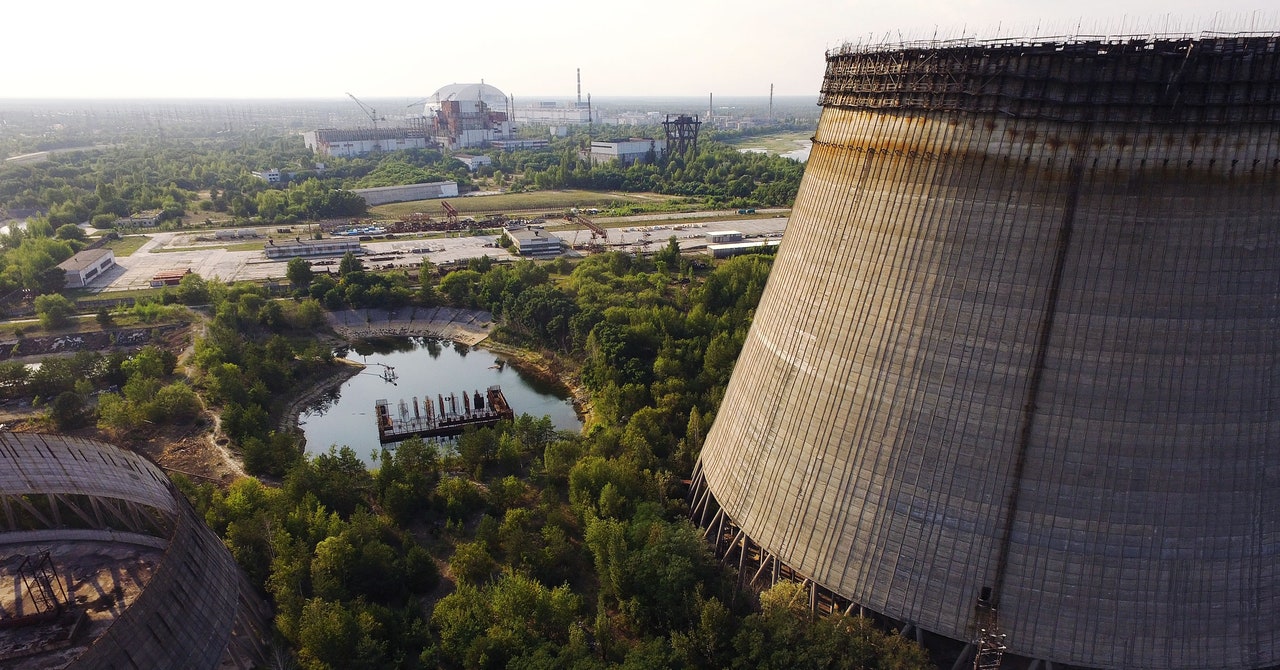- cross-posted to:
- [email protected]
- [email protected]
- [email protected]
- [email protected]
- cross-posted to:
- [email protected]
- [email protected]
- [email protected]
- [email protected]
Didn’t the Russians dig trenches there and die? Wouldn’t that raise the radiation?
According to the article, not in the pattern that this researcher found. I guess if it had been kicked-up dust, or emissions from a particular trench, you’d expect sensors near the source to register high levels of radiation and sensors near one another to register similar readings, but the actual readings didn’t make this kind of sense.
I mean, that could describe all of Ukraine then…
All of Ukraine was not the site of a former nuclear meltdown.
archive link: https://archive.is/CHDbA
Huh, interesting. Around the time when this was happening, I dismissed the reports of Russian soldiers getting acute radiation syndrome as most likely propaganda because it just didn’t seem plausible considering eg that the earth in that area isn’t that radioactive even if you dug around in it (although I wouldn’t have been surprised if the troops in that area ended up with more cancers years down the line), but I never thought to be suspicious of the sensor readings
Sooo… who benefits from the manipulation of the data? Ukraine because it makes Russia look bad? Is it that simple?
The staff did a bit of play to make the soldiers worried about digging too much.
But hacking the sensors? Russia knew the radiation spikes were false, had the motive, and that they took the servers with them when they left also leaves them looking particularly guilty.
The argument seems to be that the staff let the soldiers think there was radiation so they didn’t go around breaking shit and would want to leave.




